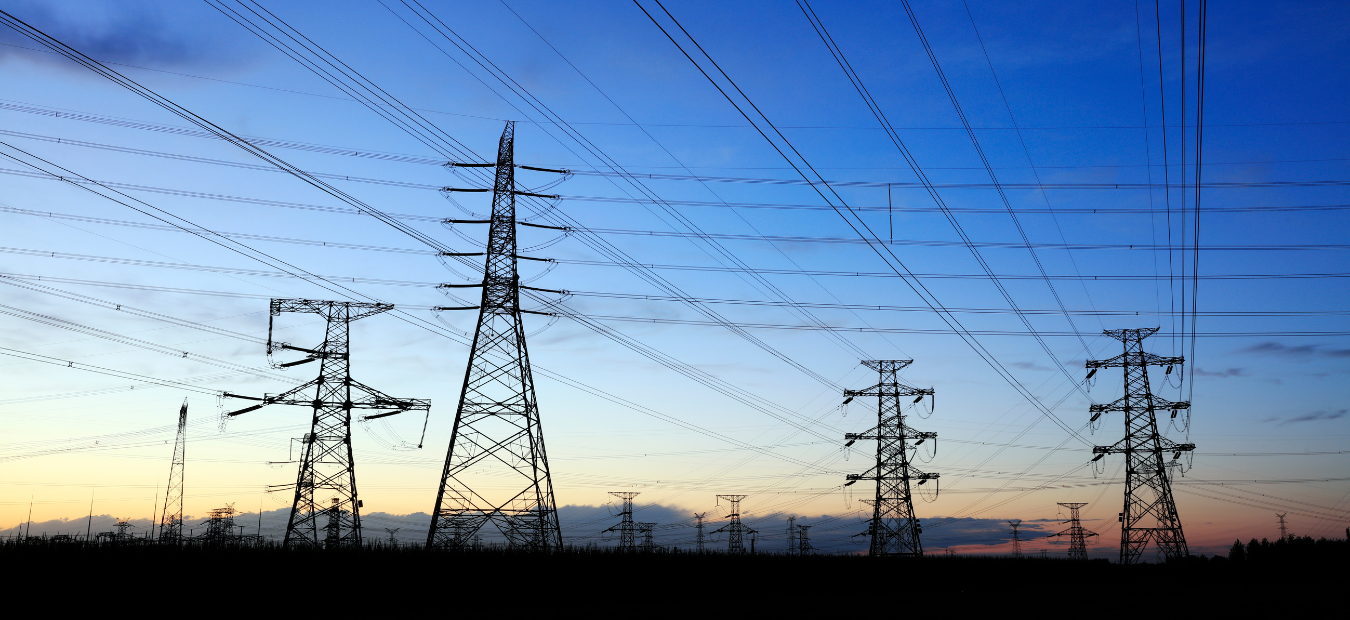Government rules out zonal pricing in REMA update
The Government has decided against plans to introduce zonal pricing as part of a major overhaul of the energy markets.

The Government has decided against plans to introduce zonal pricing as part of a major overhaul of the energy markets.
Under the system, the UK would have been split into different pricing zones that reflect local supply and demand dynamics.
However, following a second consultation on its Review of Electricity Market Arrangements the Government said reforming the system while retaining a single national wholesale price is the “right way to deliver a fair, affordable, secure, and efficient electricity system”.
It said the Strategic Spatial Energy Plan, to be published next year by the system operator, will be at the heart of the reforms to improve the efficiency of the electricity system under the national pricing model.
It will also work with Ofgem to review transmission charges to provide stronger incentives for investors to build generation where it is needed.
“Crucially this will include changes to make existing charges more predictable for investors – as currently the charges vary year by year, which causes uncertainty during long-term projects and can drive up prices as developers price in the risk of volatility,” it said.
The Government said it is also working with the system operator to launch a consultation later this year on further reforms that will help to reduce the need for constraint payments. One potential measure could give it better access to smaller assets - such as battery storage sites – that can offer greater flexibility when balancing the grid.
Greg Jackson, CEO of Octopus Energy which had campaigned for zonal pricing, warned that the decision would mean “soaring costs, locked in for years to come, and more on the way”.
As the UK accelerates towards net zero, the UK energy market is undergoing a major transformation. In this blog, explore the evolving landscape of renewable power purchase agreements (PPAs) as Portfolio Team Manager, Matt Neve, sheds light on the role of CfDs and CPPAs in achieving Clean Power 2030 targets.






